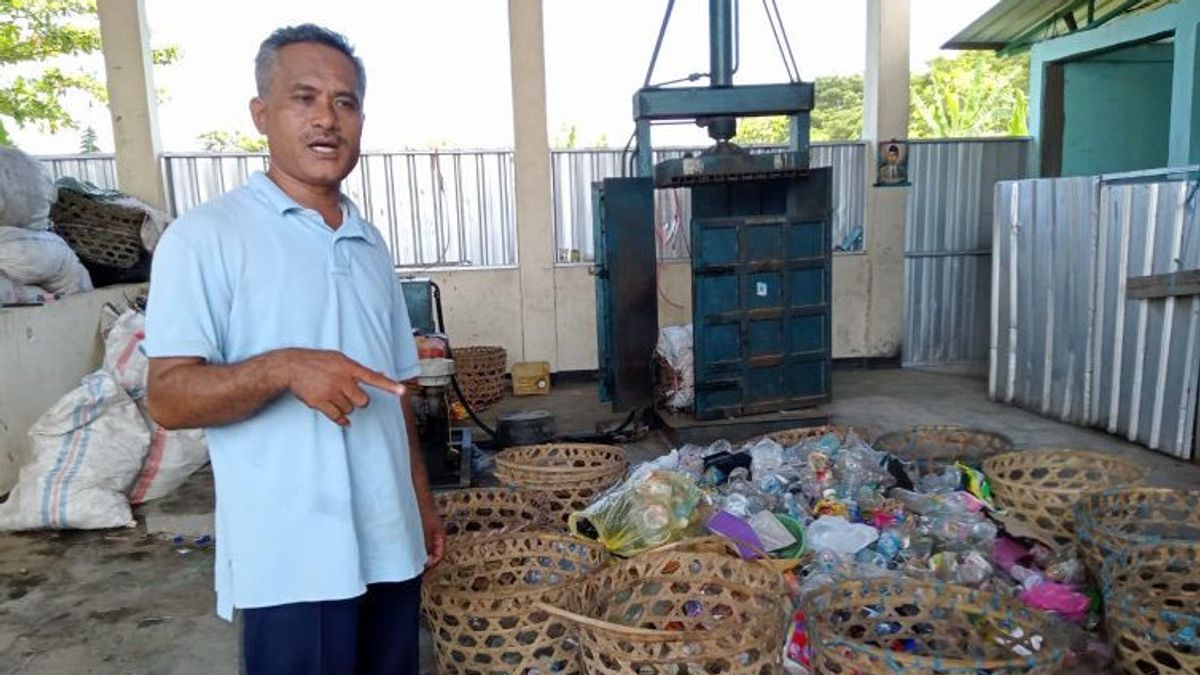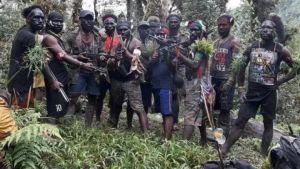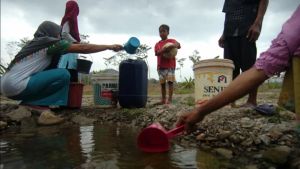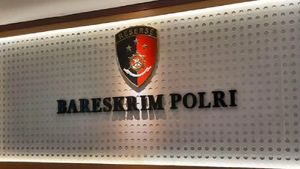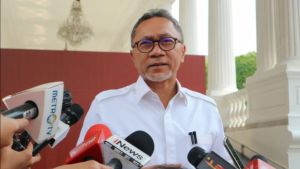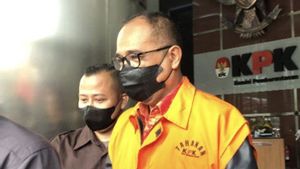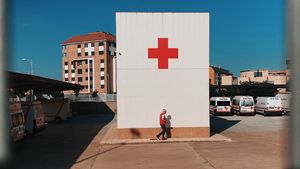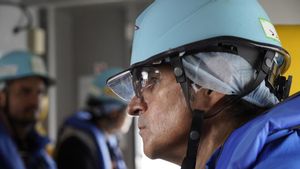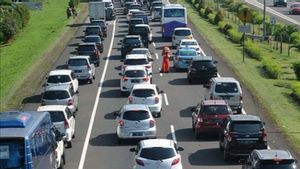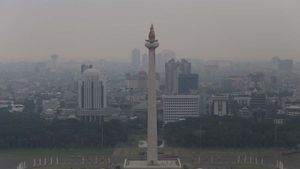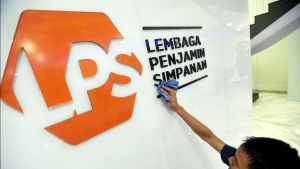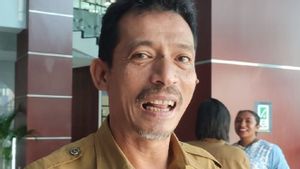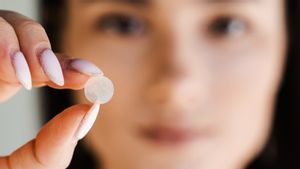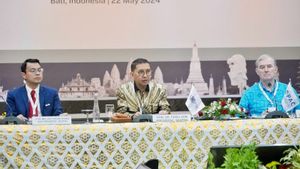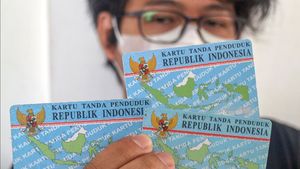NTB - The Mataram City Environment Agency (DLH) revealed that it sells around 15 tons of plastic waste to a waste bank in East Lombok Regency.
The trash can uses plastic waste as raw material for the manufacture of diesel. The total sold by DLH Mataram is the cumulative figure from January 2023.
"The plastic waste we sell is the result of sorting waste at the Kebon Talo Ampenan and Sandubaya Integrated Waste Processing Site (TPST)," said Head of DLH Mataram City HM Kemal Islam in Mataram, West Nusa Tenggara (NTB), Thursday 31 August, confiscated by Antara.
According to him, the production of plastic waste collected from the two TPSTs in a month reached around 2 to 2.5 tons. The sorted waste is in a clean condition.
For the price, it depends on the type of plastic waste. For example, he said, for single-use plastic waste the price is Rp1,000 per kilogram, while the type of plastic bottle or glass can reach Rp. 3,500-Rp. 4,000 per kilogram.
So far, he said, the delivery or sale of plastic waste to East Lombok Regency has been carried out once a month. However, to optimize revenue, delivery is currently being attempted twice a month.
"So if the plastic waste has been collected 1.6 tons or 1.8 tons, we immediately send it, there is no need to wait a month," he said.
관련 항목:
Furthermore, Kemal said that with this cooperation, in the future the waste that will be disposed of to the Final Disposal Site (TPA) will be smaller.
"The reason is, apart from plastic waste, we have used organic waste as feed for magazines, compost, and liquid fertilizer," he said.
Based on data from the Mataram City DLH, previously, the volume of waste in Mataram every day reached around 250-260 tons, but what could be transported to the TPA was around 200 tons.
However, the waste brought to the TPA has now continued to decrease to around 25 tons, so that the waste dumped into the TPA is around 170 tons per day.
One of the reductions in waste volume was triggered by the waste sort program at the environmental level which was considered effective in reducing the volume of waste dumped into the Kebon Kongok Regional TPA.
"Organic waste that is sorted from households can be directly processed into food for magazines, compost, and liquid fertilizer," he said.
The English, Chinese, Japanese, Arabic, and French versions are automatically generated by the AI. So there may still be inaccuracies in translating, please always see Indonesian as our main language. (system supported by DigitalSiber.id)
